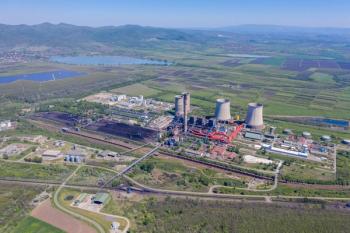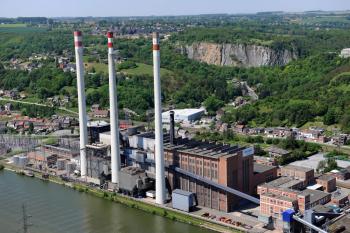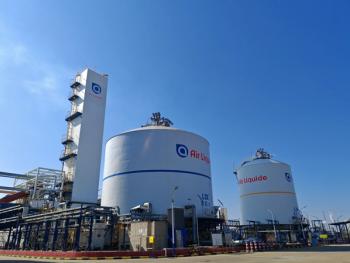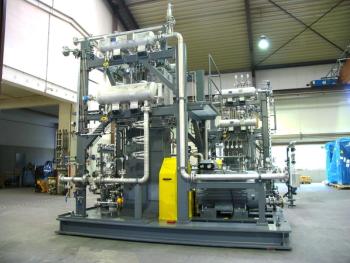
GLCH Submits Application for $2 Billion in Hydrogen Hub Funding
The proposal outlines plans for a clean hydrogen hub to serve the Midwest using carbon-free nuclear power.
The Great Lakes Clean Hydrogen Hub (GLCH) coalition has filed a comprehensive application for funding from the U.S. Department of Energy's (DOE) $8 billion program, which aims to establish regional clean hydrogen hubs under the Infrastructure Investment and Jobs Act. The application presents a $2 billion plan to develop a clean hydrogen hub, serving Ohio, Michigan, and parts of Pennsylvania and Indiana.
The proposed hub intends to leverage carbon-free nuclear power for producing clean hydrogen at competitive prices. The project has a clear scope and is commercially viable, utilizing proven production technologies to minimize the time needed to reach full production of over 100 metric tonnes of hydrogen per day.
GLCH's goal is to facilitate the decarbonization of major Midwest industries by providing a clean hydrogen supply. Additionally, the hub will cater to the hydrogen requirements of the emerging mobility market, including trucking, transit buses, rail, aviation, and marine sectors as they shift towards zero-emission operations. The project is expected to benefit local communities through stakeholder engagement, job creation, and workforce partnerships and investments, with a focus on disadvantaged communities.
Led by Linde as the prime applicant, the GLCH coalition comprises Energy Harbor, Cleveland-Cliffs, GE Aerospace, the University of Toledo, and the Glass Manufacturing Industry Council. The coalition includes diverse companies with "shovel-ready" opportunities to replace fossil fuels with clean hydrogen and has collaborated with the states of Ohio and Michigan, technology suppliers, hydrogen consumers, state and regional academic institutions, national laboratories, and nonprofit organizations.
The application is supported by numerous letters from local unions, educational institutions, community organizations, economic development organizations, and local, state, and federal government officials. These supporters include Ohio Governor Mike DeWine, Michigan Governor Gretchen Whitmer, Senators Sherrod Brown and Gary Peters, and a bipartisan letter led by Congresswoman Kaptur and Congressman Latta, signed by members of the Ohio and Michigan Congressional delegations. GLCH is eager to collaborate with the DOE to advance this significant initiative.
Newsletter
Power your knowledge with the latest in turbine technology, engineering advances, and energy solutions—subscribe to Turbomachinery International today.




